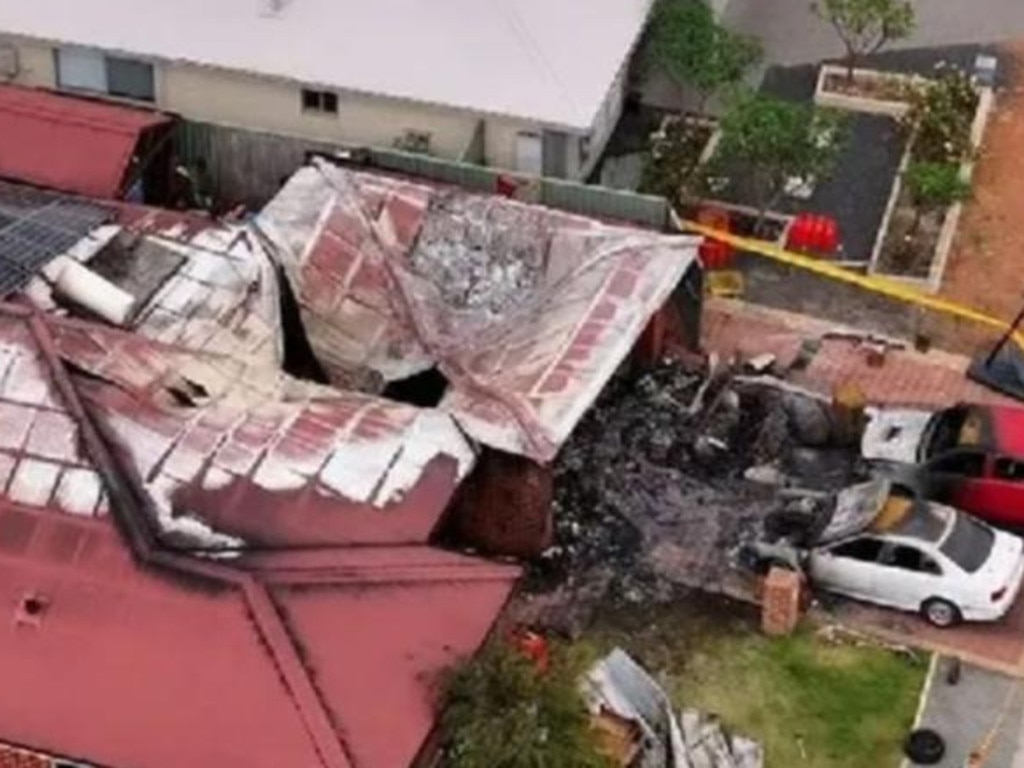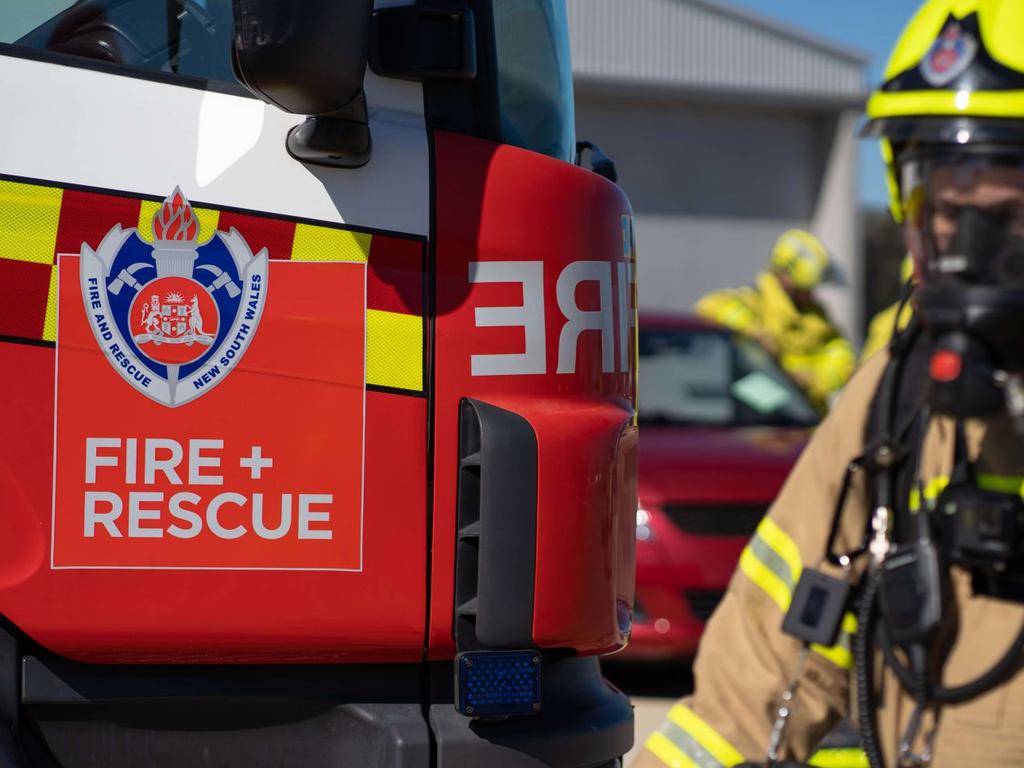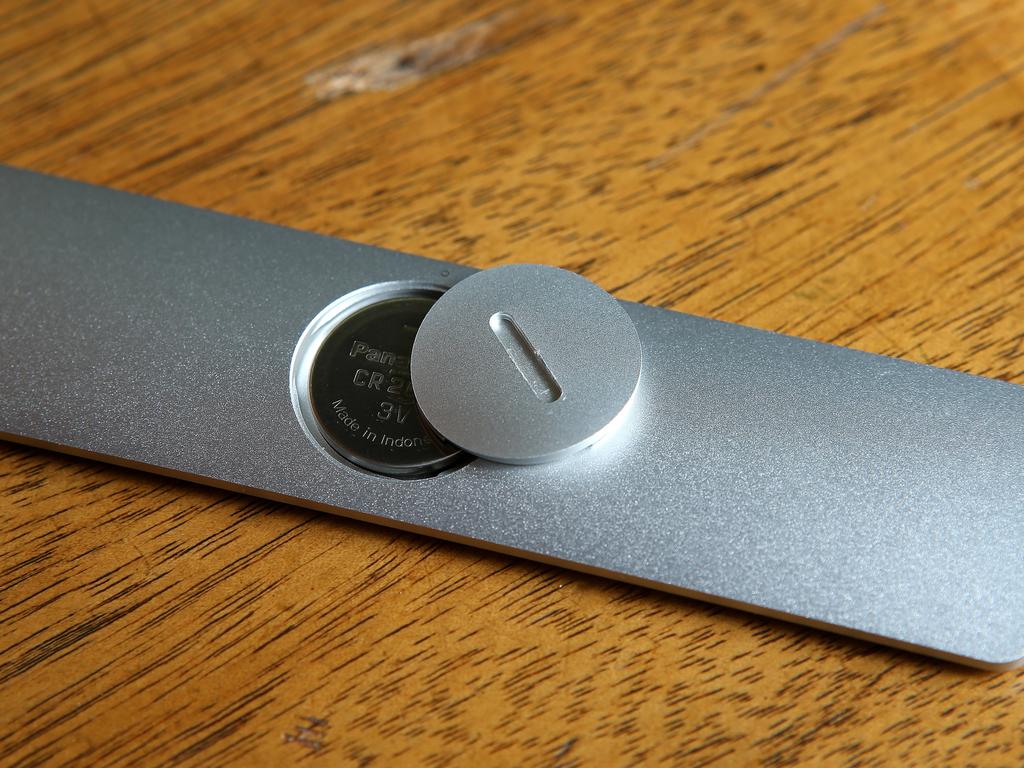West Australian family left homeless after lithium-ion battery sparks blaze
An Aussie family of five has been left with nothing just weeks out from Christmas, after their house was razed in devastating inferno.
A family of five has been left homeless weeks out from Christmas, after their house was razed in a fire started by a lithium-ion battery.
Emergency services were called to Hayley and Lee’s home in Ravenswood, a town 88km south of Perth, at around 10pm on Sunday night.
According to a GoFundMe started by Hayley’s brother, Aden Weston, his “sister, her partner and their three young children” were left with nothing but “the clothes they escaped in”.
“Unfortunately the entire house, all their belongings and their cars are completely gone,” Mr Weston wrote, adding the family was hoping for a “Christmas miracle”.
“All funds will go directly to Hayley and Lee to buy clothes, food, personal items and go towards all the bills and clean-up.”
Lee suffered burns and smoke inhalation as a result of the inferno.

Two police officers also suffered smoke inhalation when they ran into the home, fearing the family were still inside.
A hydroponic set-up was located by police within one of the rooms in the house, though WA Police said “this is not believed to be linked to the fire at this time”.
“Investigations into the set-up are ongoing by Mandurah Detectives,” a spokesperson said.
The cause of the fire is not being treated as suspicious.

The incident is the latest in a spate of incidents involving lithium-ion batteries, which Fire and Rescue NSW have described as the “fastest-growing fire risk” in the state.
In 2023, the department responded to 272 battery-related fires – equating to more than five each week. Its counterparts in Queensland and Victoria have said they respond to lithium-ion battery fires almost every day.
The batteries are common in virtually all Australian homes – found in power tools, camping and gardening equipment, mobile phones, laptops, wearable technologies and residential solar battery systems.
While all batteries can pose a safety hazard, lithium-ion batteries contain a liquid electrolyte solution that yields superior performance, but is also highly volatile and flammable.
Exposure to high temperatures then generates a serious risk of fire or explosion, and failures can cause the battery to reach up to 400 degrees in a matter of seconds.

“What we are worried about at the moment is the fact there is very little regulation regarding lithium-ion batteries and the safety aspect associated with that,” Dr Matthew Priestly, from the UNSW School of Electrical Engineering and Telecommunications’ Energy Systems Research Group, previously explained.
“We want and need this energy storage technology to be safe because they are vital in the uptake of renewable energy and it’s important that the public and industry do not perceive it to be dangerous.
“But at the moment, most people do not have an adequate understanding about the risks associated with these batteries, or enough respect for them. That goes for the consumer in their home, but perhaps even more importantly for professionals using lithium-ion batteries on a bigger scale in their workplace.

Dr Priestly added that there is currently not “enough education regarding proper use, and storage, and recycling or disposal of lithium-ion batteries and that is the key moving forward”.
The Australian Competition & Consumer Commission (ACCC) urged Australians to use and store any lithium-ion batteries safely to prevent deadly fires in a warning last October.
“Consumers should avoid mixing and matching chargers, unplug products when fully charged and charge batteries in a cool, dry place and away from combustible materials like beds, lounges or carpet,” ACCC Deputy Chair Catriona Lowe said at the time.
“Check your lithium-ion batteries for overheating signs of swelling, leaking or venting gas and immediately stop using your product if these signs are present.”






